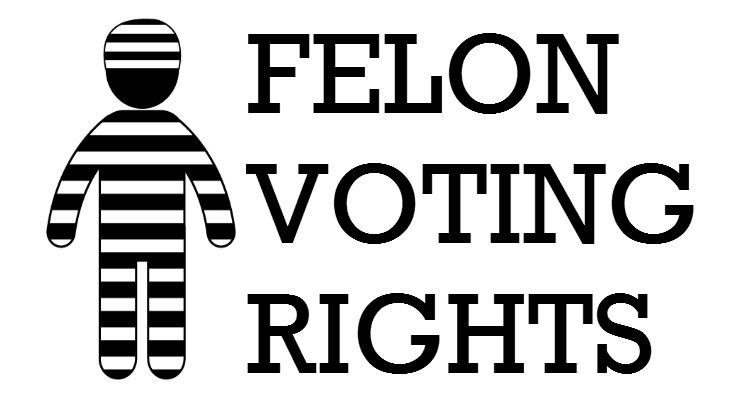
Felony disenfranchisement, determined separately by each state, is the practice of prohibiting people from voting based on the fact that they have been convicted of a criminal offense. Felon voting rights remain a controversial reform among many. An analysis of this subject was published on the New York Times by National correspondent Michael Wines. Here is an extract
For more than a decade, states around the country have steadily chipped away at one of the biggest roadblocks to voting in the United States — laws on the books that bar former felons from casting a ballot.But there are now signs that trend could be reversing.
Last month, Gov. Glenn Youngkin of Virginia, a Republican who took office a year ago, revealed that he had rescinded a policy of automatically restoring voting rights to residents who have completed felony sentences.
In a February hearing, North Carolina’s Supreme Court, which has a 5-2 Republican majority, appeared deeply skeptical that a lower court had constitutional authority when it restored voting rights last year to people who had completed their sentences. A ruling is expected soon.
Also see our section on American democracy and our Voter Access articles.
Get the full article here.
Leave a Reply